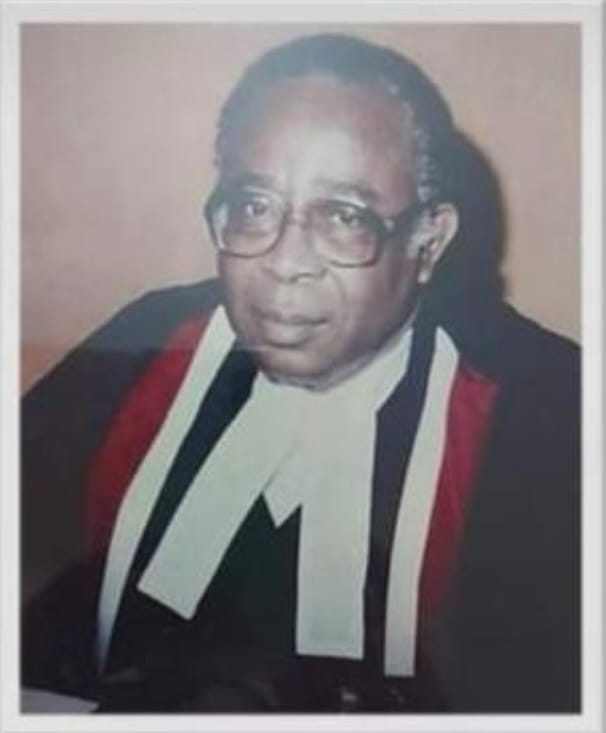Remembering Justice Brooks

THE EDITOR: I was saddened to learn of the death of retired Justice Clebert Brooks, whom I regarded as a very pleasant gentleman with a kind heart, who loved his wife and children dearly.
As the cortege entered the church for his funeral, my heart broke to see his widow in a flood of tears. After the service, she was smiling and told me, “He loved me so much.” She shared an example of his love, which I will guard.
I recall his telling me of his anxiety about one of his sons and was happy when it worked out well in the end. I often wondered if he knew that I used my first encounter with him to teach an important principle in ethics to students at law school.
Brooks had just been elevated to the Bench, and as so often happens with judges who come from the Office of the DPP, he had been assigned to the Matrimonial Court, now called the Family Court. He had no experience in family law, or, if at all, very little, having spent most of his legal career in the Solicitor General’s Department and then the Office of the DPP.
One day I was at the Bar table waiting for my matter to be heard when a senior colleague’s matrimonial case was called. It was a divorce, based on five years’ separation. At the end of the matter, the lawyer asked for costs. The judge seemed to be preparing to accede to his request when I intervened and said to my senior colleague, loud enough for the judge to hear, “The judge can’t grant you costs in this case.”
The judge heard me and looked at me and my colleague. He read the expression on our faces. I was glaring at my colleague, who nonchalantly was staring straight ahead. I was convinced, because of his years of practice, that he was fully aware of the law and wanted to take advantage of the fact that the respondent was unrepresented and the judge inexperienced in that area of law.
On my return to my chambers, I immediately photocopied the relevant legal authority, placed it in an envelope and personally delivered it to the judge’s clerk.
More than a year later, I met the judge at a social function. He introduced me to his wife, shared the incident with her and thanked me profusely for my actions. He said, “That lawyer wanted to take advantage of me. I will never forget what you did. I still have on my desk that case you sent me.” I know he would also never forget that lawyer, who no longer practises in this jurisdiction.
I have used that Brooks encounter to impress upon law students that they must never mislead the court, should always prepare their cases and be ready to assist the court. I have told them that no one, including judges, know all the law and that, at times, they may be involved in a case and the judge will ask them if he has the authority to grant the order that they seek and they should always be prepared to tell the judge the true facts regarding the rule and/or case law that governs their case.
I have also shared with students that, in the past, there have been enterprising students who have boasted after exams that they created fictitious cases with false citations or have used the phrase “in a decided case” to bolster their arguments, when no such case existed.
Students enter law school with the values they learn, primarily from their homes. Should they have parents like Brooks and his wife of 65 years, they would practise law with integrity. As a member of the Disciplinary Committee, constituted under the Legal Profession Act, I am aware that, as in our homes, all is not well in the legal profession.
May Justice Brooks rest in peace.
HAZEL THOMPSON-AHYE
senator


Comments
"Remembering Justice Brooks"